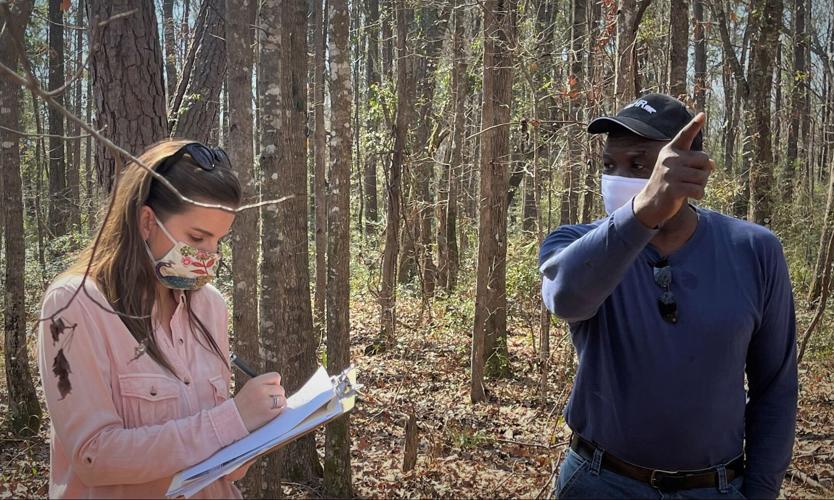In one sense, the imminent addition of the Phillips Community to the National Register of Historic Places simply means this East Cooper community is worthy of the same federal recognition given to more than 1,400 other special places across the state.
But in another, far more exciting sense, Phillips is being uniquely held up as more than a place where something significant happened or where the remains of something significant still exist. It's being recognized as a place where this significant thing is still happening.
Phillips took shape in the decades after the Civil War when former enslaved persons and their descendants bought former plantation land, carved it into uniquely long lots and created a unique place that was part small town, part farming community, a relatively isolated place where traditional Gullah Geechee cooking, crafts and language continued as a way of life. And that continues to a degree to this day, as the community is still home to the descendants of those who created it more than a century ago.
It's considered one of the most intact of the many rural settlement communities that took root in East Cooper and all along the South Carolina coast in the late 19th and early 20th centuries. That's why a plan to widen S.C. Highway 41 by three additional lanes through Phillips created such a backlash, as preservation groups, environmentalists and others across the region joined Phillips residents in a successful bid to kill that plan. But they didn't stop there. They also worked to get Phillips recognized as a county historic district as well as a National Register district, both of which would help protect it against any similarly ill-considered change, especially one involving federal dollars.
But when the Historic Charleston Foundation, the Preservation Society of Charleston and consultant Brittany Lavelle Tulla talked to state historians about nominating Phillips for the National Register, they were encouraged to do it under a new category.
So far, all of South Carolina's National Register sites have been added because they fell into at least one of four categories: They were associated with significant, historical events; they were associated with the life (or lives) of significant historical figures; they reflect distinctive architecture or possess a high artistic value; or they have yielded — or may be likely to yield — vital historical insight, most likely through archaeological work.
But the Phillips Community Historic District would be the state's first National Register listing recognized under a relatively new classification: a traditional cultural property. These sites, which so far have mostly included Native American sites out West, are considered important because they reflect cultural practices or beliefs among a living community — practices and beliefs rooted in the community's history and central to its continuing cultural identity.
Lavelle Tulla, who researched and wrote the nomination, explains: "What makes it a unique space from a historic standpoint is it's still happening. It's such a well-intact black settlement community of the Reconstruction era, but that significance has never ended. The traditional cultural property allows you to keep that open ended — it is still presenting that history in the current people.”
From a paperwork standpoint, that meant Phillips had to be documented not only from its early decades but right up to the present day. "We’re all still learning about this," she said, "but it's really cool to find a way you can nominate a place for its physical historic properties but also for its intangible historic traditions.”
The State Board of Review, which examines South Carolina's National Register nominations before they're sent to the Department of Interior, approved the unique Phillips nomination earlier this month. Erin Minnigan of the Preservation Society told review board members the recognition is important because while the five-lane road widening is dead, Phillips continues to face development pressures.
"We want to underscore the groundbreaking effort to nominate Phillips as South Carolina’s first Traditional Cultural Property to the National Register," she said. "This is a triumph for the residents of Phillips, the state and for other similar communities, who we hope will follow this pioneering example to pursue recognition of their own histories on the national level."
Many love history because they appreciate how an awareness of our past enriches our present. As William Faulkner famously wrote: "The past is never dead. It’s not even past."










